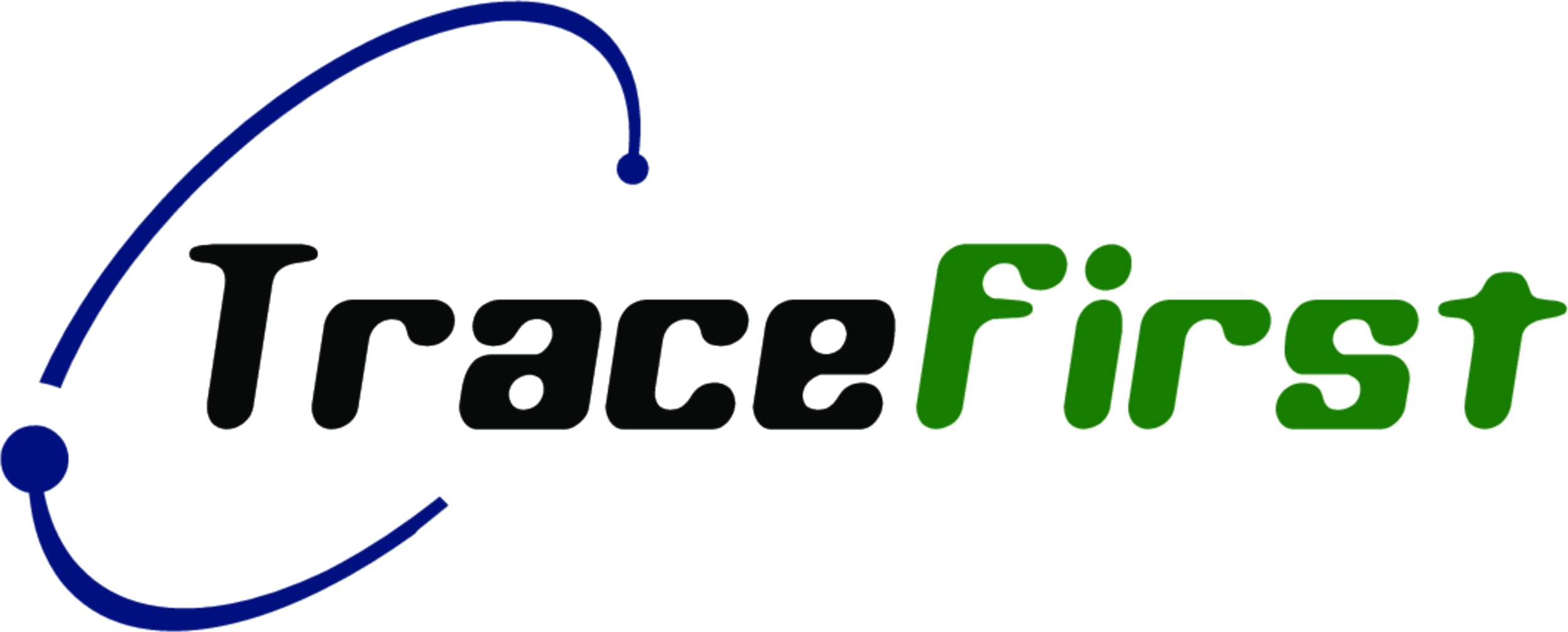Overview
Modern slavery can take various forms, such as slavery, servitude, forced or compulsory labor and human trafficking, all of which have in common the deprivation of a person’s liberty or freedom of movement by another in order to exploit them for personal or commercial gain.
Modern slavery is a crime and a violation of fundamental human rights. Trace First is committed to ensuring that acts of modern-day slavery and human trafficking have no place in its business and supply chain.
Aims of this Policy
The purpose of this policy and supporting documentation and procedures is to prohibit modern slavery in all its forms in the delivery of Trace First products and services.
Scope
This policy applies to:
Trace First Limited’s Directors and officers in our subsidiaries
All Trace First employees on the payroll of Trace First Limited and it's subsidiaries
All fixed term and temporary agency workers engaged by Trace First Limited and it's subsidiaries
All examiners, third party representatives and other contractors, service providers and partners working with Trace First Limited and it's subsidiaries
Other suppliers
The contents of this policy are not contractual. An employee should refer to their Trace First Terms and Conditions of Employment for contractual information. However, it is the responsibility of every employee to familiarize themselves with, and to comply with, this policy. Employees should ensure that they are referring to the current version which is available from the Human Resources Department and on BambooHR system. Trace First reserves the right to amend this policy, as appropriate, without compensation.
What we will do
We will:
Be clear about our recruitment procedure and only use agreed, reputable recruitment agencies
Bear the cost of recruitment agencies rather than pass them to the job applicant
Lead by example by making appropriate checks on employees and suppliers to ensure we know who is working for us
Ensure we have in place an open and transparent grievance process for all staff
Ensure that our employees’ rights around the world are compliant with local laws and upheld
Check our supply chains annually for signs of modern slavery
Consider the risk of modern slavery in our procurement practices
Train our staff, examiners and representatives to spot and respond to signs of modern slavery
Make a clear statement that we take our responsibilities concerning modern slavery seriously
Identifying Slavery
There is no typical victim and some victims do not understand that they have been exploited and are entitled to help and support. However, the following key signs could indicate that someone may be a victim of slavery or trafficking:
The person is not in possession of their own passport, identification or travel documents
The person is acting as though they are being controlled by someone else
They allow others to speak for them when spoken to directly
They are dropped off and collected from work
The person is withdrawn or they appear frightened
The person does not seem to be able to contact friends or family freely
The person has limited social interaction or contact with people outside their immediate environment
This list is not exhaustive. A person may display a number of the trafficking indicators set out above but they are not necessarily a victim of slavery or trafficking. However, if you have a suspicion, report it.
Compliance with this Policy
The prevention, detection and reporting of modern slavery in any part of our business or supply chains is the responsibility of all those working for us or under our control. You are required to avoid any activity that might lead to, or suggest, a breach of this policy. You must notify your manager as soon as possible if you believe or suspect that a conflict with this policy has occurred or may occur in the future.
Reporting Slavery
You are encouraged to raise concerns about any issue or suspicion of modern slavery in any part of our business or supply chain of any supplier tier at the earliest possible stage. If you think someone is in immediate danger, you should contact the police. If you have a suspicion, you should contact us by email at people@tracefirst.com
Confidentiality
Trace First will always endeavor to keep your identity confidential when asked to do so, although by law and regulation we may need to disclose your identity to:
The police, fraud prevention agencies or other law enforcement agencies (to investigate or prevent crime, including fraud)
The courts (in connection with court proceedings)
Another person to whom we are required by law to disclose your identity
The national regulator responsible for the standards of the qualification(s) concerned
You should also be aware that you may be identifiable by others due to the nature or circumstances of the disclosure.
Consequences of Breach
Any employee who breaches this policy may face disciplinary action, which could result in action up to and including dismissal. Please refer to Trace First’s Disciplinary Policy and Procedure.
We may terminate our relationship with other individuals and organizations working on our behalf if they breach this policy.
Revision History
Version 1.0 : 26 July 2023 : Initial version
